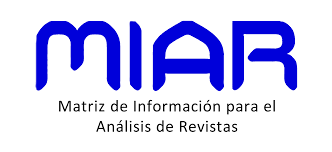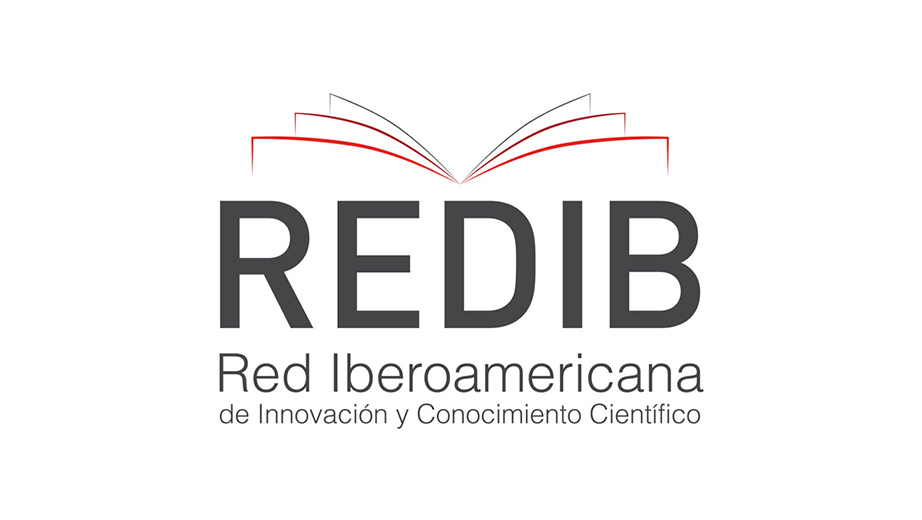The Club Dumas by Arturo Pérez-Reverte as Paradigm of the Spanish Postmodern Narrative
DOI:
https://doi.org/10.71564/dh.vi2.20Keywords:
Spanish Narrative, 20th Century, Postmodernism, The Club Dumas, Arturo Pérez-ReverteAbstract
The present article offers an analysis of the different postmodern features that explicitly appear in El Club Dumas [The Club Dumas], novel-flag of the postmodern narrative in Spain, focusing in three main points: a) gender of the book and intertextuality, b) indetermination and unreality, c) individuals and society. Through this research, we wish to prove that the author, Arturo Pérez-Reverte, not only creates a pure postmodern novel, but through his creation he also theorizes about postmodernism.
Downloads
References
ANDERSON, Perry (1998). Los orígenes de la posmodernidad. Barcelona: Anagrama.
BENSON, Ken (1994). “El postmodernismo y la narrativa española actual”. En José M. Paz GAGO, José Ángel FERNÁNDEZ ROCA y Carlos GÓMEZ BLANCO (eds.). Semiótica y modernidad (Actas del V Congreso Internacional de la Asociación Española de Semiótica). Vol. 2. La Coruña: Universidad de La Coruña: 55-72. [http://ruc.udc.es/dspace/handle/2183/8615].
BRUÑA BRAGADO, María José (2010). “Ética y estética tras el desafío posmoderno en la literatura latinoamericana”. En Eduardo REY TRISTÁN y Patricia CALVO GONZÁLEZ (coord.). Actas del Congreso Internacional 1810-2010: 200 años de Iberoamérica. Santiago de Compostela: Universidad de Santiago de Compostela: 1349-1359. [https://halshs.archives-ouvertes.fr/halshs-00531168].
COLLIN DE PLANCY, Jacques (2009). Diccionario infernal (edición facsímil). Valladolid: Maxtor.
DE LA PAVA, Alejandro (2008). Novela histórico-posmoderna: Re-examinando el referente histórico -narrativo del Siglo de Oro en cuatro textos de Arturo Pérez-Reverte. Tampa: University of South Florida. College of Arts and Sciences.
DUQUE, Félix (2005). Terror tras la Postmodernidad. Madrid: Abada.
GARCÍA, Marie-Thérèse (2012) [2002]. “Le livre au coeur du labyrinthe : Le Club Dumas ou l'ombre de Richelieu d'Arturo Pérez-Reverte”. En Babel, 6/2002. [http://babel.revues.org/1947].
GENETTE, Gérard (1989). Palimpsestos. La literatura en segundo grado. Madrid: Taurus.
GONZÁLEZ-ALLENDE, Íker (2011). “Postmodernidad y metaficción en Hipótesis (1975)”. En José Ángel ASCUNCE y Alberto RODRÍGUEZ (eds.). «Haz lo que temas». La novelística de Raúl Guerra Garrido. Bilbao: Servicio de Publicaciones de la Universidad de Deusto: 51-73.
HASSAN, Ihab (1986). “Pluralism in postmodern perspective”. Critical Inquiry, 12/3: 503-520.
HAWTHORN, Jeremy (1997). Studying the novel: an introduction. Londres: Edward Arnold.
KRISTEVA, Julia (1967). “Bakhtine, le mot, le dialogue et le roman”. Critique, 23: 438-465.
——— (1969), Sémiotikè, recherches pour une sémanalyse. París: Seuil.
LOZANO MIJARES, María del Pilar. (2014) [1ª ed. 2007]. La novela española posmoderna. Madrid: Arco Libros.
MARCHESE, Ángelo y Joaquín FORRADELLAS (1986). Diccionario de retórica, crítica y terminología literaria. Barcelona: Ariel.
MARTINOVÁ, Katarina (2013). El análisis y la comparación de las escogidas novelas revertianas. Olomouc: Palacký University Olomouc.
MUÑOZ OGÁYAR, Jorge (2009). Y al séptimo día descansó. Arturo Pérez-Reverte, creador de universos posmodernos. Murcia: Nausícaä.
PÉREZ-REVERTE, Arturo (1998). El Club Dumas. Madrid: Alfaguara.
PRADO ALVARADO, Agustín (2008). Crímenes y misterios en El club Dumas, de Arturo Pérez-Reverte: (un análisis narrativo de los códigos de la novela de folletín de aventuras y el relato policíaco en El club Dumas). Lima: Universidad Nacional Mayor de San Marcos.
RICARDOU, Jean (1967). Problèmes du nouveau roman. París: Seuil.
——— (1973). Le nouveau roman. París: Seuil.
RIFFATERRE, Michael (1980). “La trace de l'intertexte”. La Pensée, 215: 4-18.
——— (1981). “L'intertexte inconnu”. Littérature, 2/41: 4-7.
——— (1990). “Un faux problème: l'érosion intertextuelle”. Lawrence D. KRITZMAN (ed.). Le Signe et le texte: Études sur l'écriture au XVIe siècle en France. Lexington: French Forum: 51-59.
SPITZMESSER, Ana María (1999). Narrativa posmoderna española: Crónica de un desengaño. New York: Peter Lang.
Downloads
Published
How to Cite
Issue
Section
License
Copyright (c) 2015 Isaac Gómez Laguna

This work is licensed under a Creative Commons Attribution-NonCommercial 4.0 International License.
Los autores que publican en esta revista están de acuerdo con los siguientes términos:
Los autores conservan los derechos de autor y garantizan a la revista el derecho de ser la primera publicación del trabajo al igual que licenciado bajo una Creative Commons Attribution License que permite a otros compartir el trabajo con un reconocimiento de la autoría del trabajo y la publicación inicial en esta revista, sin hacer uso del material con propósitos comerciales.
Los autores pueden establecer por separado acuerdos adicionales para la distribución no exclusiva de la versión de la obra publicada en la revista (por ejemplo, situarlo en un repositorio institucional o publicarlo en un libro), con un reconocimiento de su publicación inicial en esta revista.
Se permite y se anima a los autores a difundir sus trabajos electrónicamente (por ejemplo, en repositorios institucionales o en su propio sitio web) antes y durante el proceso de envío, ya que puede dar lugar a intercambios productivos, así como a una citación más temprana y mayor de los trabajos publicados.






























